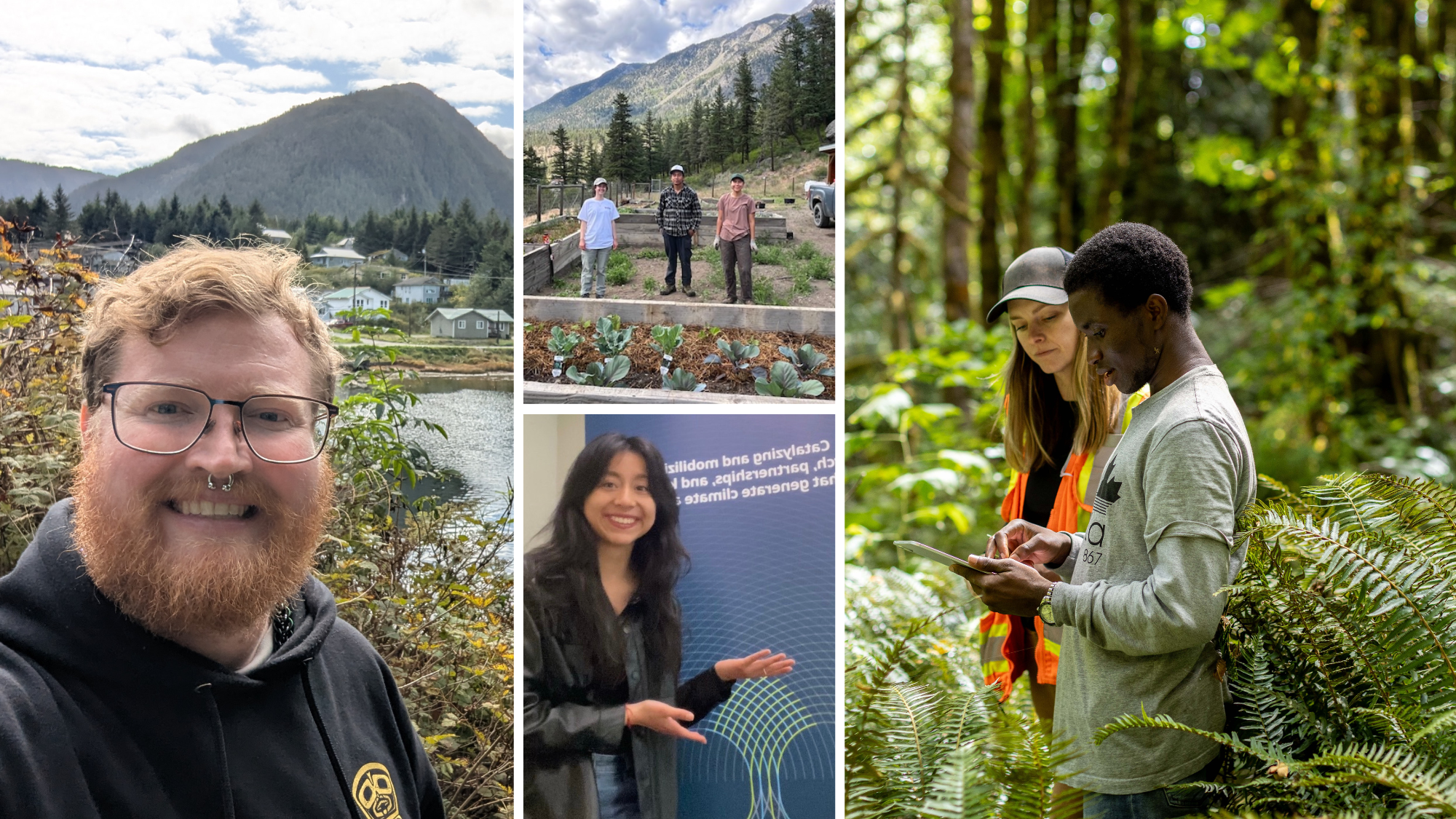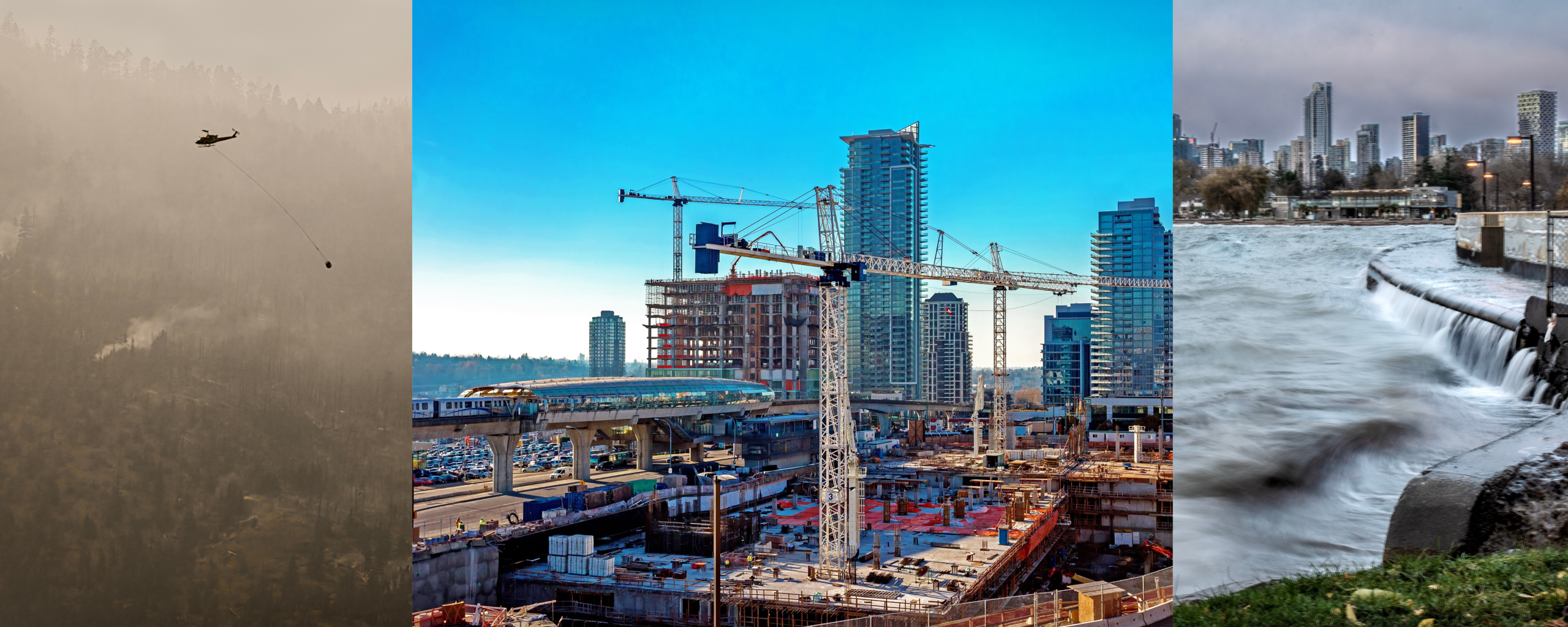PICS Climate Internship Program expands with record-breaking 27 grants for summer 2025
Students are at the heart of climate solutions happening throughout British Columbia, and PICS is proud to support that work through the Climate Internship Program.
This summer, 27 university students worked with communities and organizations across British Columbia to advance climate solutions, gaining hands-on experience while helping deliver projects with real-world impact. The 2025 internship cohort worked on a broad range of climate action projects, from public health initiatives to community climate plans, to sector-specific sustainability protocols and standards.
Backed by a generous $100,000 contribution from Coast Capital Savings, PICS awarded the greatest number of grants in the Climate Internship Program’s history, enabling host organizations to hire university students and recent graduates from the PICS university network. The program provides up to $15,000 per internship, enabling organizations to hire students in climate-related fields to contribute to high-priority climate action projects. Students gain valuable work experience, while host organizations benefit from added capacity to tackle pressing climate challenges.
Notable highlights from this year’s internships include:
Ruby Harris, a political science undergraduate student at UVic, interned with Coast Capital Credit Union to advance carbon reduction efforts. Her project involved reviewing emerging climate risk management policies in the financial sector and highlighting best practices for supporting the low-carbon transition. She also developed internal resources for Coast Capital to inform organizational climate action moving forward.
Isaac Kuugaayeng, a UBC master’s student, worked with the Quw’utsun Cultural Connections Society on the Xpey’ (Cedar) Project. His internship focused on creating eco-cultural GIS maps to support cedar restoration and protection, ensuring Western Red cedar and other cultural values remain available for generations. Kuugaayeng developed a GIS database of ecological and cultural data, conducted spatial analyses to identify priority sites, and contributed to tools like interactive maps and a citizen cedar health app.
Andra Tarta, a master’s student at Simon Fraser University, interned with Interior Health to strengthen the health authority’s planning and preparedness for extreme temperature events. Her project involved evaluating current seasonal readiness processes, leading partner interviews, and developing a process map and recommendations to improve public health responses to heat, cold, and poor air quality events.
PICS also hosted our very own intern this year: Brenda Lisset Jimenez Gonzalez, a master’s student at the University of Victoria. She supported the Community Initiatives & Bridging Knowledges for Climate Action project, an initiative co-led with the First Nations Leadership Council. Jimenez Gonzalez supported delivery of four university-based workshops and authored a report, What We Heard: Bridging Knowledges for Climate Action, summarizing participant insights. She also contributed to literature reviews on Indigenous Co-Design principles, as well as to the development of recommendations and research ethic applications that advance the PICS–FNLC Relationship Protocol and strengthen future climate partnerships.
The PICS Climate Internship Program plays a unique role in advancing climate action in British Columbia while offering students a chance to gain practical skills and experience.
The 2026 internship program is open for employer applications until Nov. 7, 2025.



